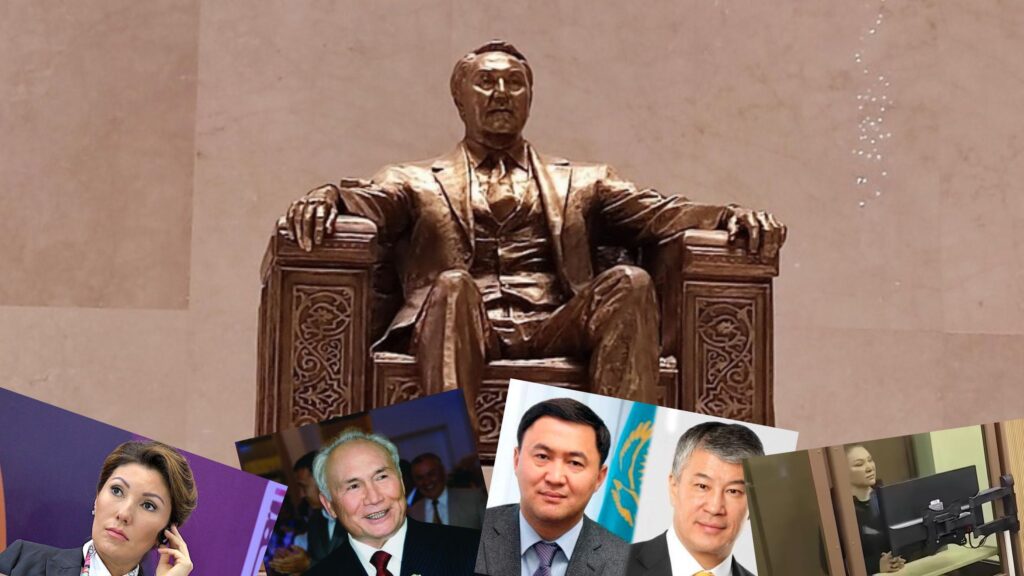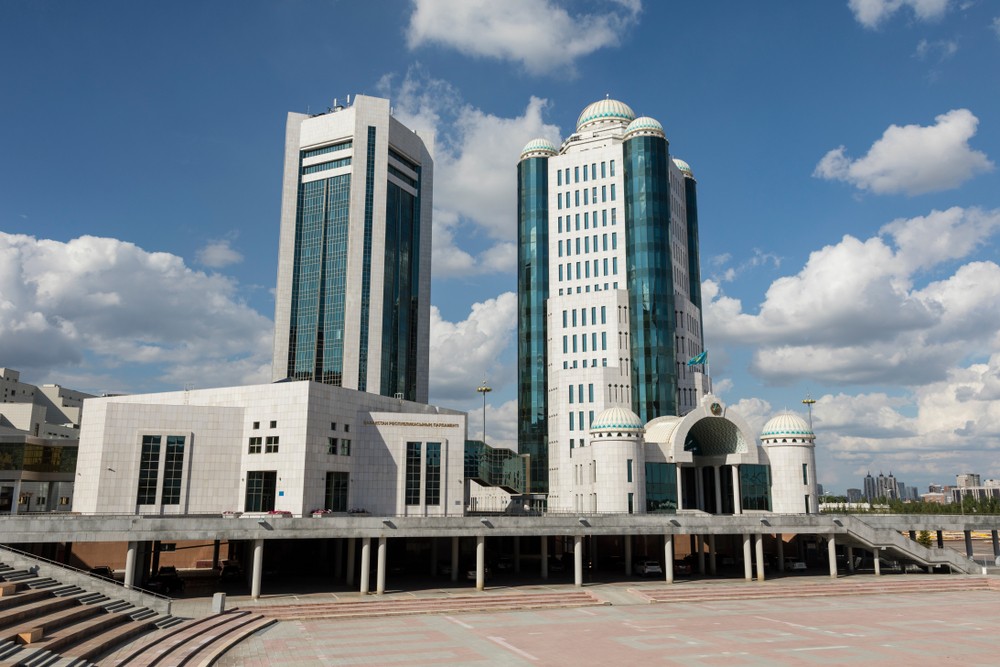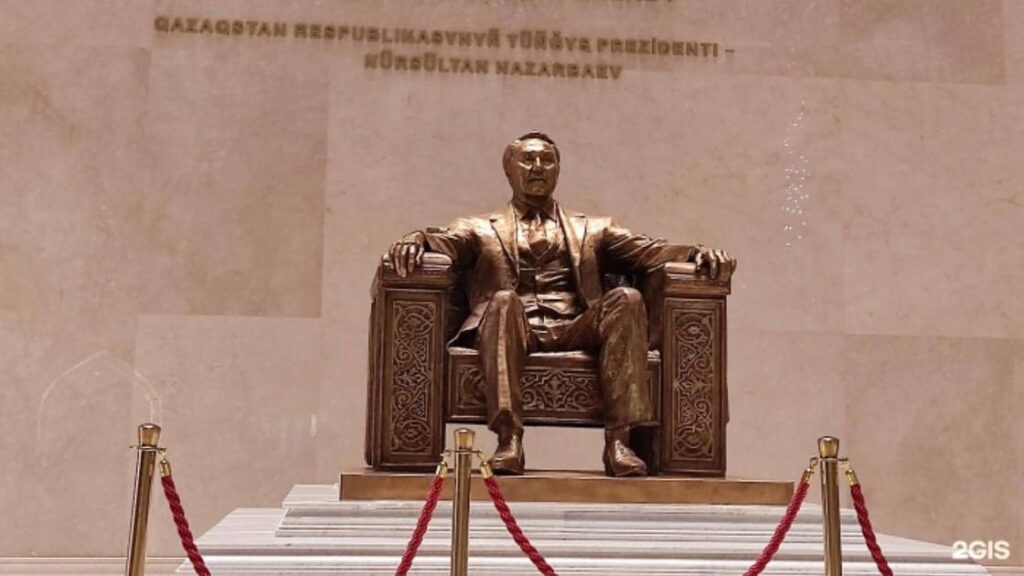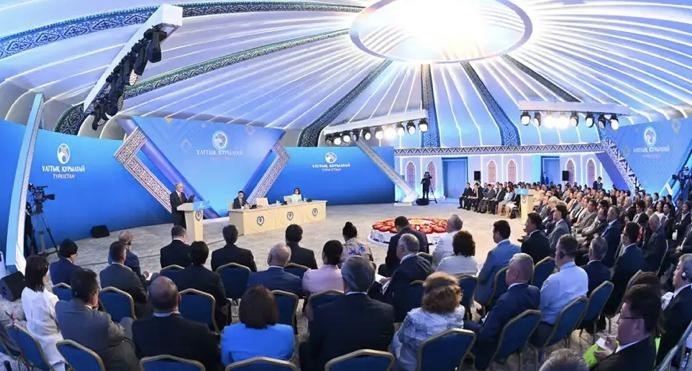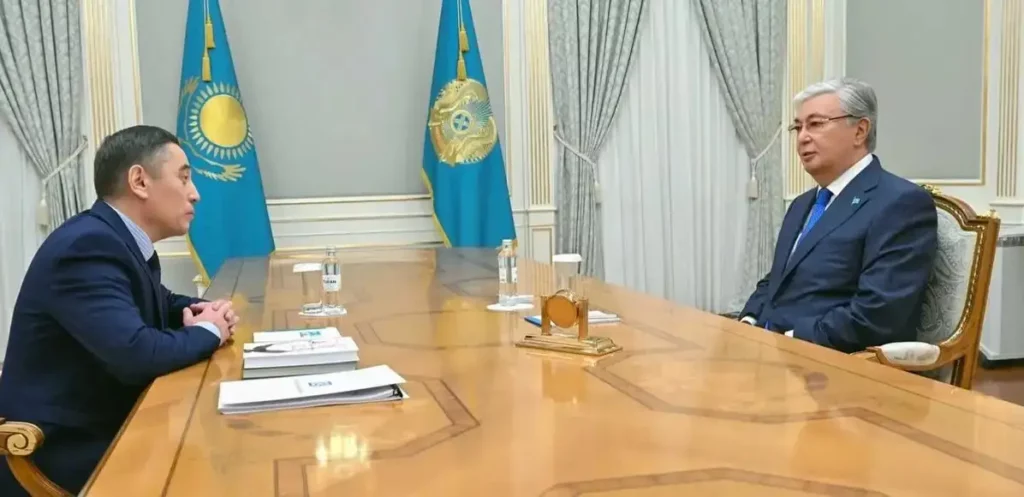How Kazakhstan Is Cleansing Itself of Nursultan Nazarbayev’s Legacy
“New Kazakhstan,” the term introduced by Kasym-Jomart Tokayev after the attempted coup d'état in January 2022, has also given birth to a thesis about “Old Kazakhstan." "Old Kazakhstan" is associated with the country's first president, Nursultan Nazarbayev, and his numerous relatives, who penetrated all spheres of life in the country. So, which former head of state's relatives fell into the clutches of justice? Gulmira Satybaldy Gulmira Satybaldy, former wife of Kairat Satybaldyuly, nephew of the first president of Kazakhstan, Nursultan Nazarbayev, is currently on trial in Almaty. She is accused of locking up her relative and business partner, Abai Zhunusov, for 165 days and, after intimidating him, transferring his shares in various companies to her proxies. Damages are estimated at $2.2 million (1.4 billion KZT). The guilty verdict, which few doubt will be passed, will not be her first. On 4 May 2023, the Astana court sentenced Gulmira Satybaldy to seven years' imprisonment for self-rule and kidnapping. A month later, on 30 June 2023, the Kyzylorda court sentenced her to eight years in prison for embezzlement and misappropriation of other people's property. The new, harsher sentence absorbed the previous punishment. Kairat Satybaldyuly Next is Kairat Satybaldyuly, a rather grim figure from the Nazarbayev clan. In the early noughties, on the now defunct Internet site “Aziopa,” which was attributed to Nazarbayev's former eldest son-in-law Rakhat Aliyev, Kairat Satybaldyuly was painted black with hints of his handcuffing his wife to the radiator and beating her. It also pointed to Kairat's presidential ambitions. Satybaldyuly is the son of Nursultan Nazarbayev's younger brother, Satybaldy, who died in 1981 in a car accident. According to Forbes Kazakhstan, during his uncle's presidency, Kairat was listed as one of the country's most influential business people with a fortune of 163 million dollars. According to Kazakhstan's media, the nephew of the former president of Kazakhstan was listed as the sole founder of the offshore firm Skyline Investment Company S.A., which owns over 24% of the shares of Kazakhstan's telecommunications company Kazakhtelecom. In addition to working in the civil service, including in the National Security Committee, he was deputy akim of Astana, and held senior positions in national companies. Detained in March 2022 on suspicion of abuse of power and large-scale embezzlement of funds by Kazakhtelecom JSC and Transport Service Center JSC, Satybaldyuly was held in custody until the trial. In court, Satybaldyuly reached a mediation agreement with the injured parties and paid 40 billion tenge ($89.5 million) in damages. He also entered into a procedural plea agreement. In September 2022, he was sentenced to six years in prison. The court ordered the confiscation of his property and banned him from working in the civil service for ten years. A submission was also made to the President of Kazakhstan to strip Satybaldyuly of the title “Major General of the National Security Bodies of Kazakhstan,” as well as the state orders “Kurmet” and “Parasat.” Despite reports that the Anti-Corruption Service of Kazakhstan is investigating criminal cases against Satybaldyuly involving tax...
